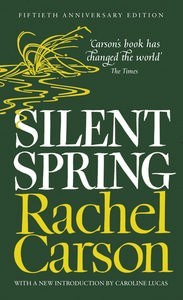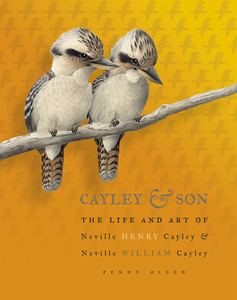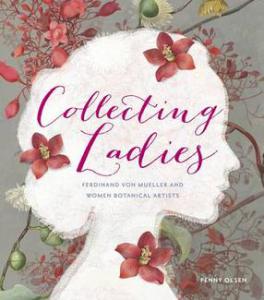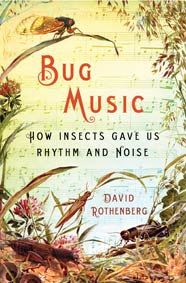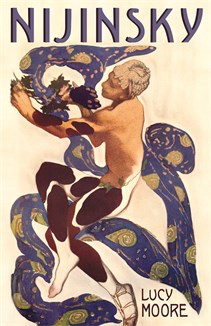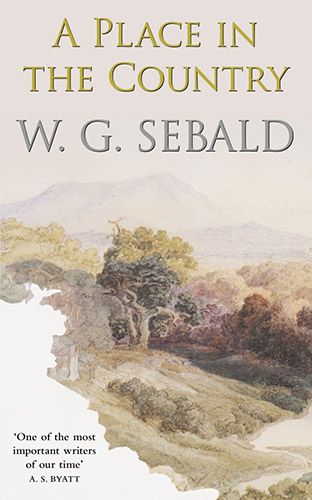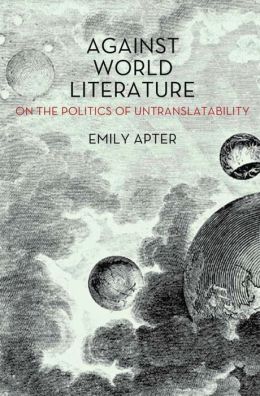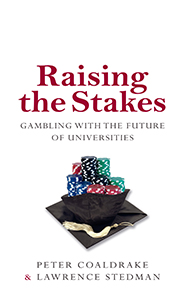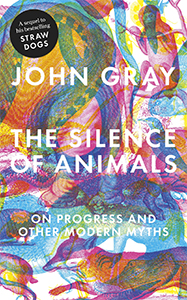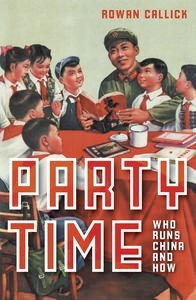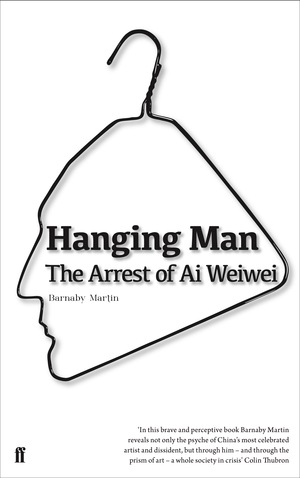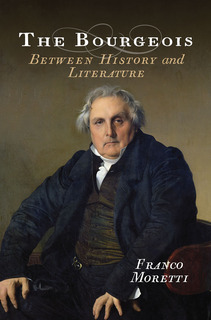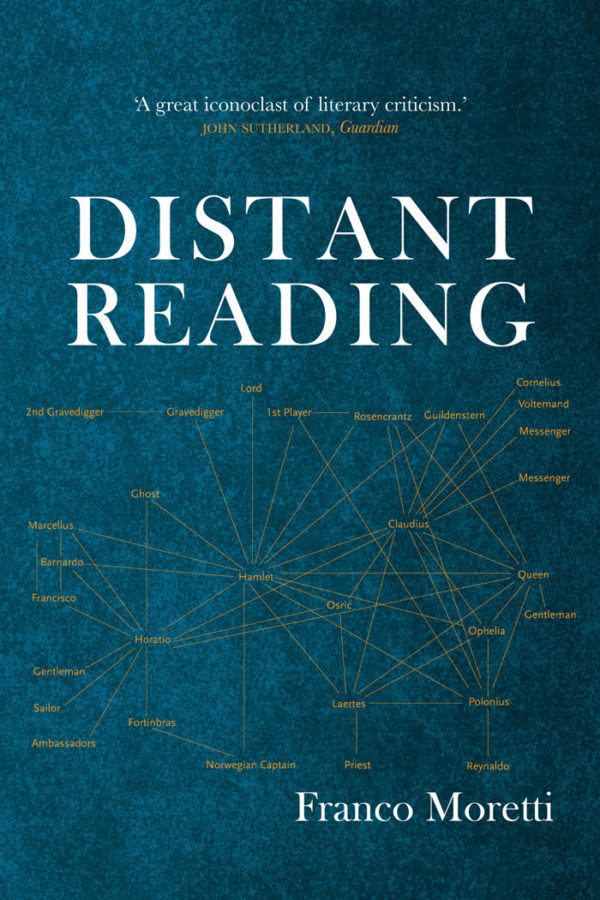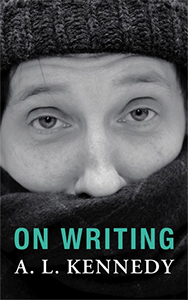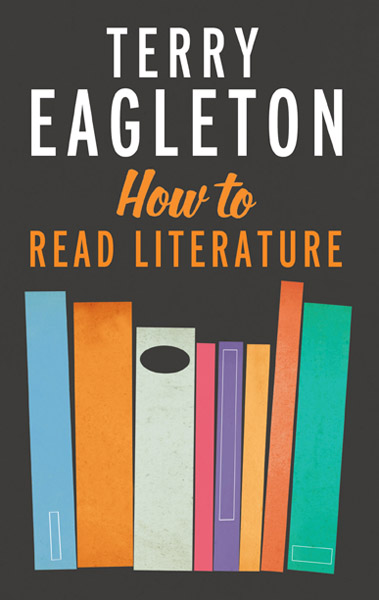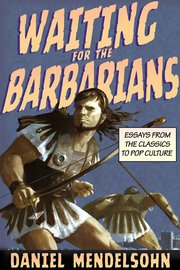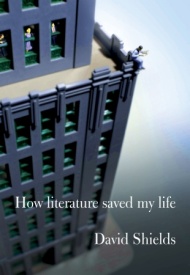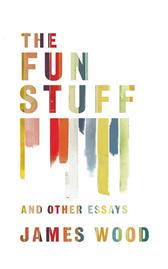Non-fiction
Sensible Seeing: A Place in the Country by W.G. Sebald
In its six essays on five writers and a painter, his gaze operates like a form of scansion, picking up the long and short sounds (moments musicaux as Sebald calls them, via Schubert) in order to get behind the art in all its grief and consolation, to discover the differentiation between the life and the work.
Prophet of gloom: The Silence of Animals: On Progress and Other Modern Myths
Notwithstanding the occasional gnomic aside to the effect that no science is untouched by magic, Gray has hitherto upheld the distinction between scientific progress, which is a fact of history, and human progress, which is a modern myth. But in his new book, The Silence of Animals: On Progress and Other Modern Myths, this distinction begins perceptibly to blur.
Aggressively middling: The Bourgeois & Distant Reading by Franco Moretti
It was when I turned to The Bourgeois that I really got a sense of Moretti’s epistemological superiority over most of his humanities competitors… It is not that the scientific team-man has simply trumped or supplanted the delicately tuned aesthetician. It is that Moretti has become both simultaneously, a lonely centaur or Janus-faced creature, at once historically minded and future oriented, sentimental and technicist, elegiac and plain speaking.
Horses for courses: On Writing by A.L. Kennedy
It is Kennedy’s belief that lived experience is essential to the writing process and needs to be integrated into the way writing is taught. Inviting a horse to the writing workshop is not her only irreverent suggestion. She also proposes that the student group and their teacher might benefit from sharing a meal, attending a concert together, or taking a walk.
